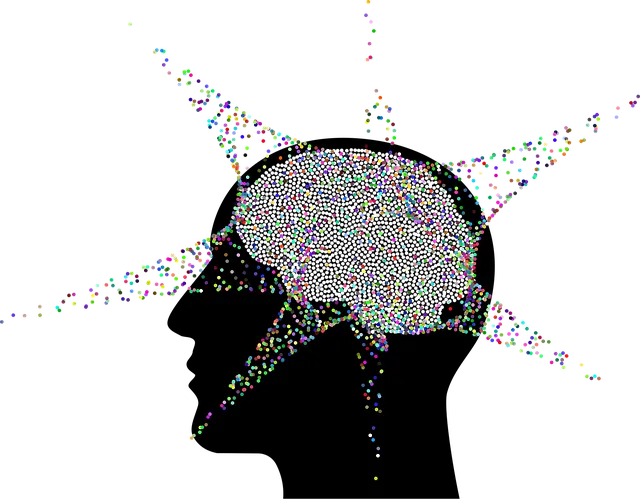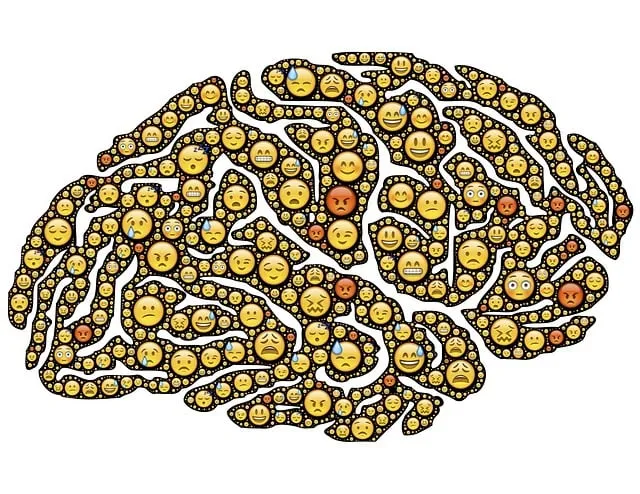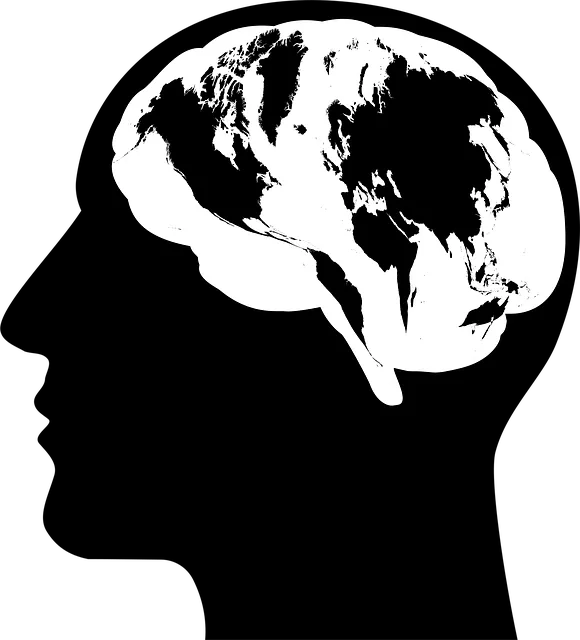Kaiser, a leading healthcare provider, offers superior mental health coverage through a holistic approach integrating evidence-based treatments, innovative practices like inner strength development and self-awareness exercises. They recognize the connection between mental well-being and overall health, emphasizing accurate diagnosis through advanced tools and open discussions. In the digital age, Kaiser leverages technology for virtual therapy and mood tracking while prioritizing cultural sensitivity to ensure equitable care tailored to diverse populations.
Mental illness diagnosis accuracy is a critical aspect of patient care, and continuous efforts are underway to improve it. This article explores various strategies aimed at enhancing diagnosis precision, focusing on Kaiser’s mental health coverage as a benchmark. We delve into the complexities of diagnosing mental illnesses and highlight innovative approaches, including the role of technology and digital tools. Additionally, we emphasize cultural sensitivity and diversity in mental illness diagnosis, ensuring superior care for all patients.
- Understanding Kaiser's Mental Health Coverage: A Comprehensive Overview
- Challenges in Diagnosing Mental Illnesses: Unveiling the Complexities
- Innovative Approaches to Enhance Diagnosis Accuracy
- Role of Technology and Digital Tools in Mental Health Assessment
- Ensuring Cultural Sensitivity and Diversity in Mental Illness Diagnosis
Understanding Kaiser's Mental Health Coverage: A Comprehensive Overview

Kaiser, a renowned healthcare provider, offers comprehensive mental health coverage designed to support individuals in their journey towards healing and well-being. Their services cater to a wide range of mental health conditions, ensuring that members have access to evidence-based treatments and therapies. When it comes to superior mental health coverage, Kaiser stands out for its holistic approach, which includes not only traditional therapy but also innovative practices like inner strength development, compassion cultivation, and self-awareness exercises.
This integrated model of care recognizes that mental well-being is intricately linked to overall health. By incorporating these supplementary practices, Kaiser empowers members to develop resilience, foster a deeper sense of compassion towards themselves and others, and enhance their self-awareness—all of which contribute to more effective management and improved outcomes for various mental health challenges.
Challenges in Diagnosing Mental Illnesses: Unveiling the Complexities

Mental illness diagnosis is a complex process shrouded with numerous challenges. The human mind, despite its intricate nature, remains an enigma in many ways, making accurate identification and understanding of disorders a daunting task. The vast spectrum of symptoms, often unique to each individual, adds another layer of complexity. What presents as mild anxiety in one person might manifest as severe depression in another, leading to potential misdiagnosis or overlooked conditions.
Furthermore, the intersection of physical and mental health can create confusing symptoms that overlap with various disorders. For example, chronic fatigue syndrome can mimic the exhaustion associated with depression, making it crucial for healthcare providers to employ comprehensive assessment tools. This is where self-awareness exercises and burnout prevention strategies come into play, ensuring professionals remain vigilant and attuned to subtle changes in patients’ mental states. With organizations like Kaiser recognizing the importance of mental health coverage, there’s a growing emphasis on enhancing diagnostic accuracy.
Innovative Approaches to Enhance Diagnosis Accuracy

Mental health diagnosis accuracy has been a topic of increasing interest and innovation. One notable development is Kaiser’s commitment to enhancing mental health services, including improved diagnostic practices. They prioritize self-awareness exercises for their professionals, recognizing that internal reflection can significantly impact judgment and empathy. By fostering a culture of self-Awareness Exercises, Kaiser aims to reduce potential biases and increase the precision of diagnoses.
Furthermore, integrating risk assessment tools into clinical practices is another strategic move. Mental health professionals are equipped with sophisticated risk assessment techniques to identify subtle indicators of mental illness more effectively. Encouraging open discussions around mental health and promoting positive thinking in both patients and practitioners contribute to an environment where accurate diagnosis can flourish. This holistic approach ensures that individuals receive the most suitable treatment for their unique needs, as Kaiser’s superior coverage in mental health underscores its dedication to improving diagnostic accuracy.
Role of Technology and Digital Tools in Mental Health Assessment

In today’s digital era, technology and digital tools are playing a pivotal role in revolutionizing mental health assessment. Online platforms and applications offer accessible and innovative ways to evaluate and monitor mental well-being, potentially improving diagnosis accuracy. These tools often incorporate advanced algorithms and machine learning capabilities to analyze various data points, such as user-reported symptoms, behavior patterns, and even physiological indicators like heart rate variability. By leveraging these digital advancements, healthcare providers can gain deeper insights into a patient’s mental state, enabling more precise diagnoses and personalized treatment plans.
For instance, Kaiser, a renowned healthcare provider, recognizes the potential of technology in enhancing mental health services. They offer digital platforms that facilitate virtual therapy sessions, mood tracking, and access to online resources. Such initiatives ensure better accessibility and continuity of care, especially for individuals who face barriers in traditional in-person appointments. Moreover, integrating compassion cultivation practices, emotional intelligence training, and confidence-boosting modules into these digital tools can foster a holistic approach to mental wellness, addressing not just symptoms but also the underlying needs of patients.
Ensuring Cultural Sensitivity and Diversity in Mental Illness Diagnosis

In an increasingly diverse society, ensuring cultural sensitivity and inclusivity in mental illness diagnosis is paramount. Mental health professionals at Kaiser, known for superior coverage of mental health services, recognize that cultural backgrounds significantly influence how individuals experience and express psychological distress. To enhance diagnosis accuracy, they prioritize understanding the nuances of various cultures, including their unique communication styles, belief systems, and traditional healing practices. This approach ensures that symptoms are interpreted holistically, considering both Western medical perspectives and alternative emotional healing processes like mindfulness meditation and emotional intelligence training.
By fostering a culturally competent environment, Kaiser aims to improve diagnosis reliability and patient outcomes. It involves educating healthcare providers on the impact of cultural diversity and providing ongoing training in racial and ethnic sensitivity. This commitment extends to ensuring that services are accessible and tailored to diverse populations, promoting equitable care for all patients. Incorporating emotional intelligence into these efforts enables professionals to build stronger connections with patients from different backgrounds, facilitating more accurate assessments and effective treatment plans.
Mental illness diagnosis accuracy is a multifaceted challenge that requires innovative solutions. By understanding complex dynamics, leveraging technology, and prioritizing cultural sensitivity, we can significantly enhance diagnostic practices. Kaiser’s comprehensive mental health coverage serves as a benchmark for superior care, while digital tools offer promising avenues for improvement. Ensuring diversity in diagnosis methods benefits patients from various backgrounds, ultimately fostering more inclusive and effective mental healthcare systems.






